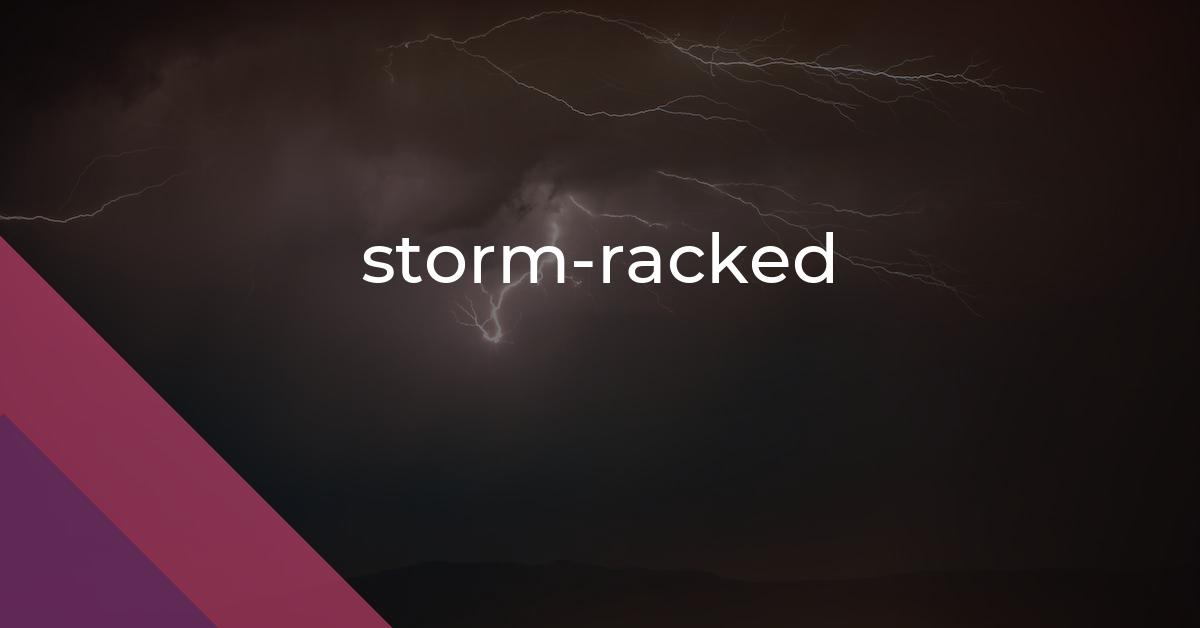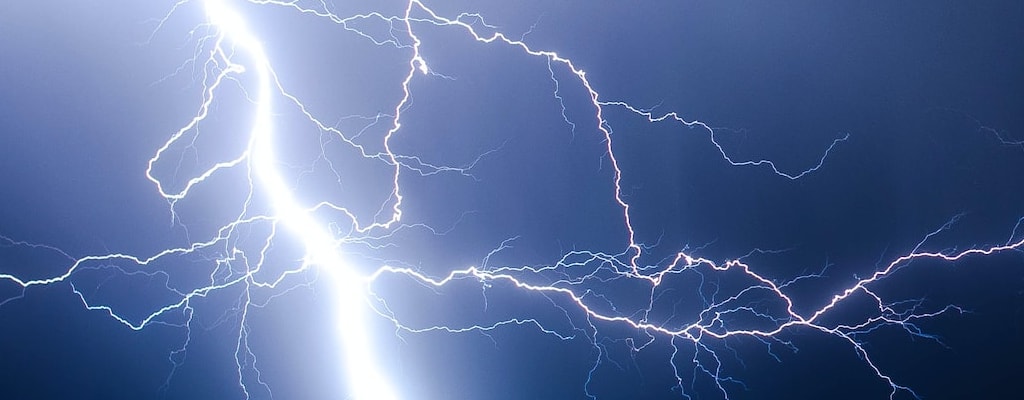storm-racked: Idiom Meaning and Origin
What does ‘storm-racked’ mean?
The idiom "storm-racked" refers to a situation or place that has been severely affected or damaged by a storm.

Idiom Explorer
The idiom "take on water" means to accumulate problems or difficulties, often referring to a situation that is deteriorating or becoming unsustainable.
The idiom "take its toll" means that something has a negative impact or effect on someone or something, usually resulting in damage, exhaustion, or loss. It implies that there are consequences or consequences to be paid for a particular action or situation.
The idiom "take by storm" means to conquer or overcome something quickly and easily, typically by using force, enthusiasm, or popularity.
The idiom "take a turn for the worse" means that a situation or someone's condition has deteriorated or become more negative than before.
The idiom "sweep away" means to completely remove or eliminate something, often in a forceful or dramatic manner.
The idiom "stroke of work" refers to a sudden and unexpected burst of creativity or inspiration that results in a successful outcome when working on a task or project.
The idiom "stroke of luck" refers to an unexpected event or situation that brings good fortune or success to someone.
The idiom "strike someone when they are down" means to take advantage of someone's vulnerability or weakness to further harm them or make their situation worse.
The idiom "stormy weather" refers to a period of difficult and turbulent times or circumstances, often related to emotional or challenging situations.
Mysterious Storms Unleashed
Storm-racked is an idiom that describes something severely affected or damaged by a storm. It conveys a sense of devastation, destruction, or chaos. The term "storm-racked" is not as commonly used as other idioms, but it can be found in literature, news articles, and everyday conversations.
The idiom "stormy weather" is closely related to "storm-racked." It refers to weather conditions characterized by strong winds, heavy rain, thunder, and lightning. Stormy weather is often turbulent and unpredictable. When something is described as "storm-racked," it means it has endured the destructive force of a storm, both physically and emotionally.
The idiom "rack and ruin" is also related to "storm-racked." "Rack" means to cause extreme anguish, suffering, or distress. When combined with the word "storm," the term "storm-racked" emphasizes the magnitude of the damage or turmoil experienced as a result of a storm. "Ruin" implies complete destruction or devastation.
Examples of the usage of the idiom "storm-racked" can be found in various literary works. In Edith Wharton's novel The Age of Innocence, the author writes, "The looming of the storm-racked mountains of the moon." This sentence vividly describes the moon's appearance, suggesting it has been greatly affected by the storm.
News articles also use the idiom "storm-racked" to describe the aftermath of severe weather events. For example, a headline might read, "Coastal communities left storm-racked after hurricane." This conveys the significant impact and devastation caused by the hurricane, emphasizing the widespread destruction and turmoil experienced by those affected.
In everyday conversations, the idiom "storm-racked" is used to describe situations or individuals greatly affected or overwhelmed by difficulties. For instance, someone might say, "After losing her job, she was left storm-racked, struggling to make ends meet." This reflects the figurative sense of the idiom, highlighting the emotional and financial distress experienced by the individual.
The idiom "storm-racked" effectively conveys extreme devastation, destruction, or chaos resulting from a storm. Its figurative usage allows for a broader interpretation beyond literal storms, encompassing various forms of turmoil and hardship. Whether used in literature or everyday conversations, this idiom captures the impact and consequences of intense adversity.
Example usage
Examples of how the idiom "storm-racked" can be used in a sentence:
- The coastal town was left storm-racked after the hurricane hit, with debris scattered everywhere.
- The ship returned to port, storm-racked and listing heavily from the battering it endured at sea.
- Her mind was storm-racked with thoughts of doubt and uncertainty, making it difficult for her to make a decision.
More "Weather" idioms



